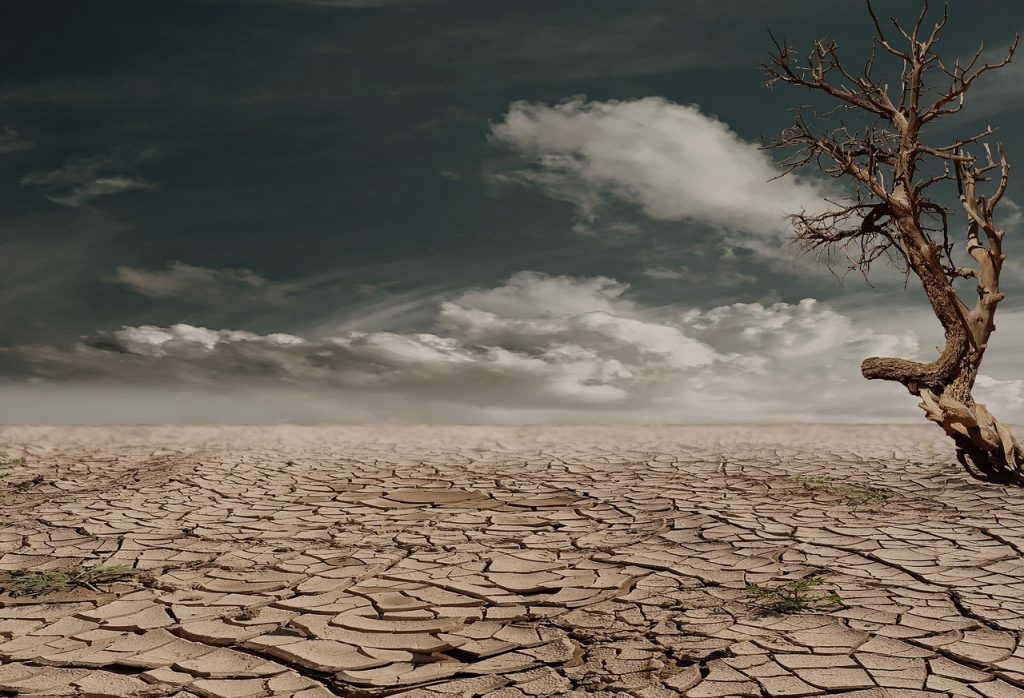Hormonal changes due to pregnancy, menopause, cancer treatments or life style can cause pH imbalances, dryness and thinning of our most intimate areas. We may notice this as irritation or painful sex, but dehydration can also reduce the size, strength and vitality of our pelvic floor muscles and surrounding tissues, medically known as atrophy.
So what can we do?
- Regular application of specialised vaginal moisturisers can help, particularly when reinforced with other lifestyle tweaks, which we’ll come to below. The mucous membrane lining the vagina is a moist semi-permeable layer. This type of tissue doesn’t have the protective layer (Stratum corneum) found on the surface of the outer skin, and so can be damaged, irritated and penetrated by synthetic chemicals much more easily. As such, special attention needs to be paid to the ingredients of any creams or washes we apply to these sensitive areas. Not all products sold for use in and around the vagina are equal and if you’re considering using intimate products, it’s important to research what’s right for you. My favourites are made by www.yesyesyes.org (with whom I have no affiliation by the way) but whose products I’ve successfully used and recommended for years.
- It’s also important to consider that whilst adding moisture to the mucosa, we need to avoiding stripping it of moisture, with over washing. The vagina is self cleansing, and for the surrounding areas, rinsing with water is usually sufficient. If you feel more cleansing is required, using a wash specifically designed for intimate areas, rather than soaps will support vaginal health and pH balance.
- Of course we mustn’t forget that hydrating from the inside out with good fluid intake will most certainly help too. Refer to my blog ‘What to drink when you have a misbehaving bladder’ for tips on what and how much to drink.
